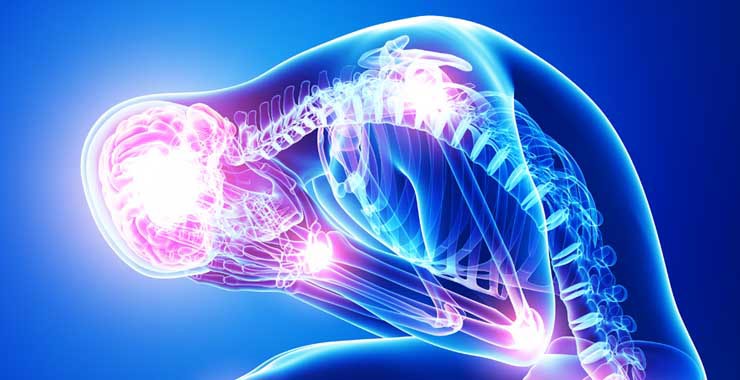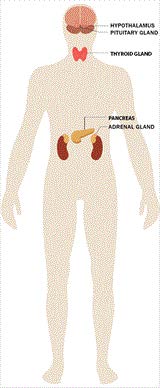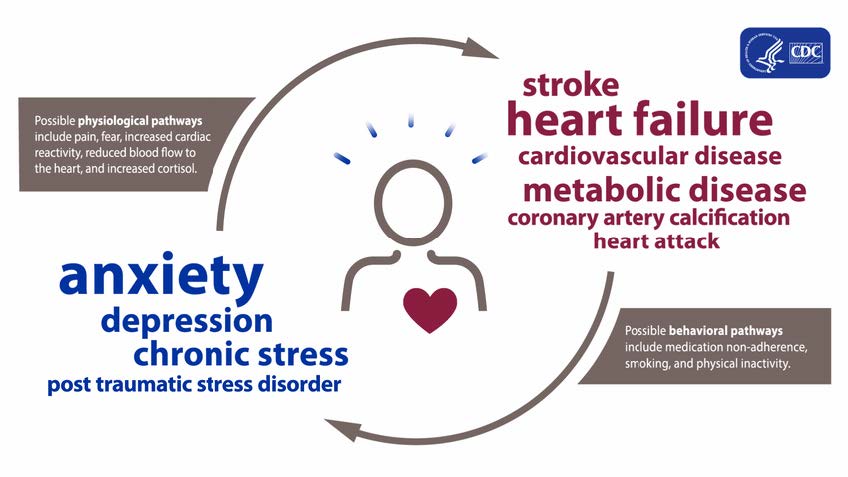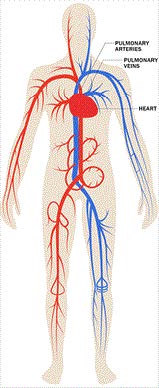Glucocorticoids, including cortisol, are important for regulating the immune system and reducing inflammation. While this is valuable during stressful or threatening situations where injury might result in increased immune system activation, chronic stress can result in reduced communication between the immune system and the HPA axis. This reduced communication can cause the immune system to become impaired and provide less protection against the development of numerous physical and mental health conditions, including chronic fatigue, metabolic disorders (e.g., diabetes, obesity), depression, recurrent UTI’s and immune disorders.





